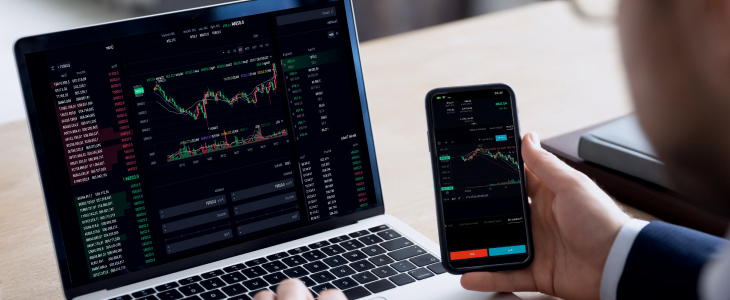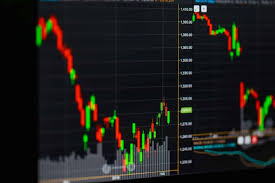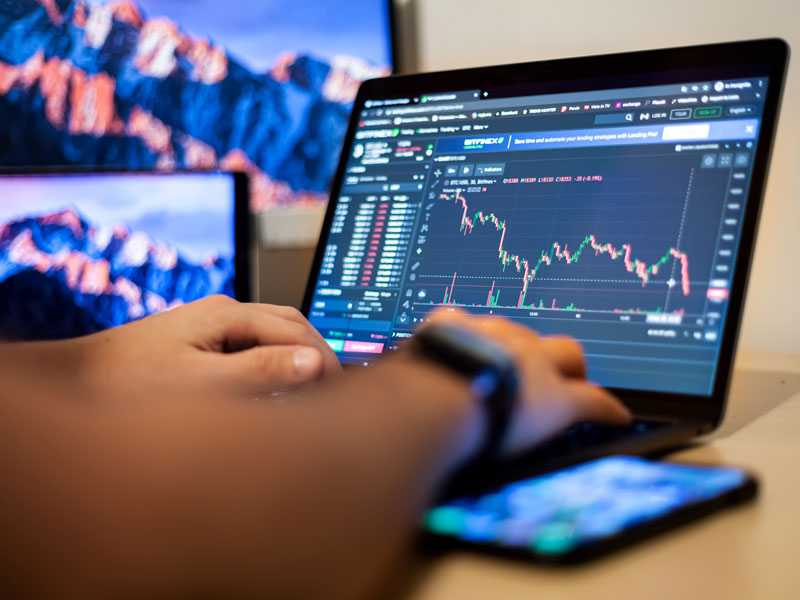Understanding Forex Trading Systems A Comprehensive Guide 1903742282
Revolutionizing Forex Markets The Power of Robot Trading
30/10/2025Aviator Game: How In Order To Play And Exactly What You Need To Be Able To Know
30/10/2025
Forex trading systems are crucial for traders looking to optimize their strategies and enhance profitability. In the dynamic world of forex, understanding different systems can help in making informed decisions. If you’re new to forex trading, forex trading systems fxtrading-broker.com provides an excellent resource to start your journey.
What is a Forex Trading System?
A forex trading system is a set of rules or guidelines that a trader uses to decide when to enter and exit trades. These systems can be simple, utilizing basic technical analysis, or complex, incorporating machine learning algorithms and other advanced technologies. Regardless of complexity, the aim remains consistent: to identify trading opportunities and manage risks effectively.
Types of Forex Trading Systems
Forex trading systems can generally be categorized into several types:
1. Mechanical Trading Systems
Mechanical trading systems are rule-based. Traders use predefined criteria to enter and exit trades. These systems rely heavily on technical indicators such as moving averages, MACD, and Bollinger Bands. A key advantage is that it removes emotional trading and instills discipline.
2. Discretionary Trading Systems
Discretionary systems allow traders to make decisions based on their judgment rather than strict rules or indicators. This approach accounts for market sentiment, economic news, and other qualitative factors, which can be crucial in volatile markets.
3. Automated Trading Systems
Also known as algorithmic trading, these systems use software to execute trades based on specific algorithms. Traders who prefer to automate their trading can benefit from faster execution and the ability to analyze vast amounts of data quickly. However, they require proper testing and constant monitoring.
4. Trading Signal Services
Some traders choose to subscribe to signal services. These services provide buy and sell signals based on technical analysis or other trading strategies. While convenient, it’s essential to choose a reputable provider and to be aware of the risks involved.

Key Components of a Forex Trading System
Building a successful forex trading system involves various components:
1. Entry and Exit Rules
Every trading system should have clear entry and exit rules. These rules should define when to open a position and when to close it, including take-profit and stop-loss levels. Clarity in these areas helps to minimize emotional trading decisions.
2. Risk Management
Effective risk management strategies protect traders from significant losses. A good system must incorporate risk-reward metrics and position sizing to ensure that losses are manageable and do not threaten the trading account’s overall viability.
3. Market Analysis
Understanding market conditions is essential in forex trading. Systems should include both technical analysis (charting patterns, indicators) and fundamental analysis (economic indicators, news events) to determine potential trading opportunities.
How to Choose the Right Forex Trading System
Selecting a forex trading system that aligns with your personality, investment goals, and risk tolerance is crucial. Here are some considerations:
1. Assess Your Trading Style
Are you a day trader looking for quick profits or a swing trader aiming for longer moves? Your trading style will influence the type of system you should adopt. Mechanical systems might be more suitable for day traders, while discretionary systems can appeal to swing traders.
2. Test and Optimize

Always backtest your trading system using historical data before live trading. This process allows you to see how your system would have performed and to make necessary adjustments. Optimization can improve a system’s effectiveness, but beware of overfitting to historical data.
3. Start Small
When testing a new system, start with a small account or risk your trading capital minimally. This approach can help you evaluate the system’s effectiveness in real market conditions without jeopardizing your entire portfolio.
Common Pitfalls in Forex Trading Systems
Many traders face challenges when implementing forex trading systems. Understanding these pitfalls can help you steer clear of them:
1. Overconfidence
After a series of successful trades, it’s easy to become overconfident and deviate from your system’s rules. This deviation can lead to significant losses. Discipline is key to maintaining a successful trading approach.
2. Neglecting Market Changes
Forex markets are constantly changing due to economic events, geopolitical factors, and market sentiment. A system that worked in one market condition may not perform well in another. Always be ready to adapt your system to current market conditions.
3. Emotional Trading
Allowing emotions to dictate trading decisions undermines the effectiveness of any trading system. Traders must stay calm, stick to their rules, and avoid rash decisions based on fear or greed.
Conclusion
In conclusion, forex trading systems are essential tools that can help traders navigate the complexities of the forex market. Whether you choose a mechanical, discretionary, or automated system, the key is to develop a well-structured approach that includes clear rules, risk management, and thorough market analysis. Understanding your trading style and regularly reviewing your system can significantly increase your chances of success in forex trading. Remember, continuous learning and adaptation are the cornerstones of a successful trading career.
